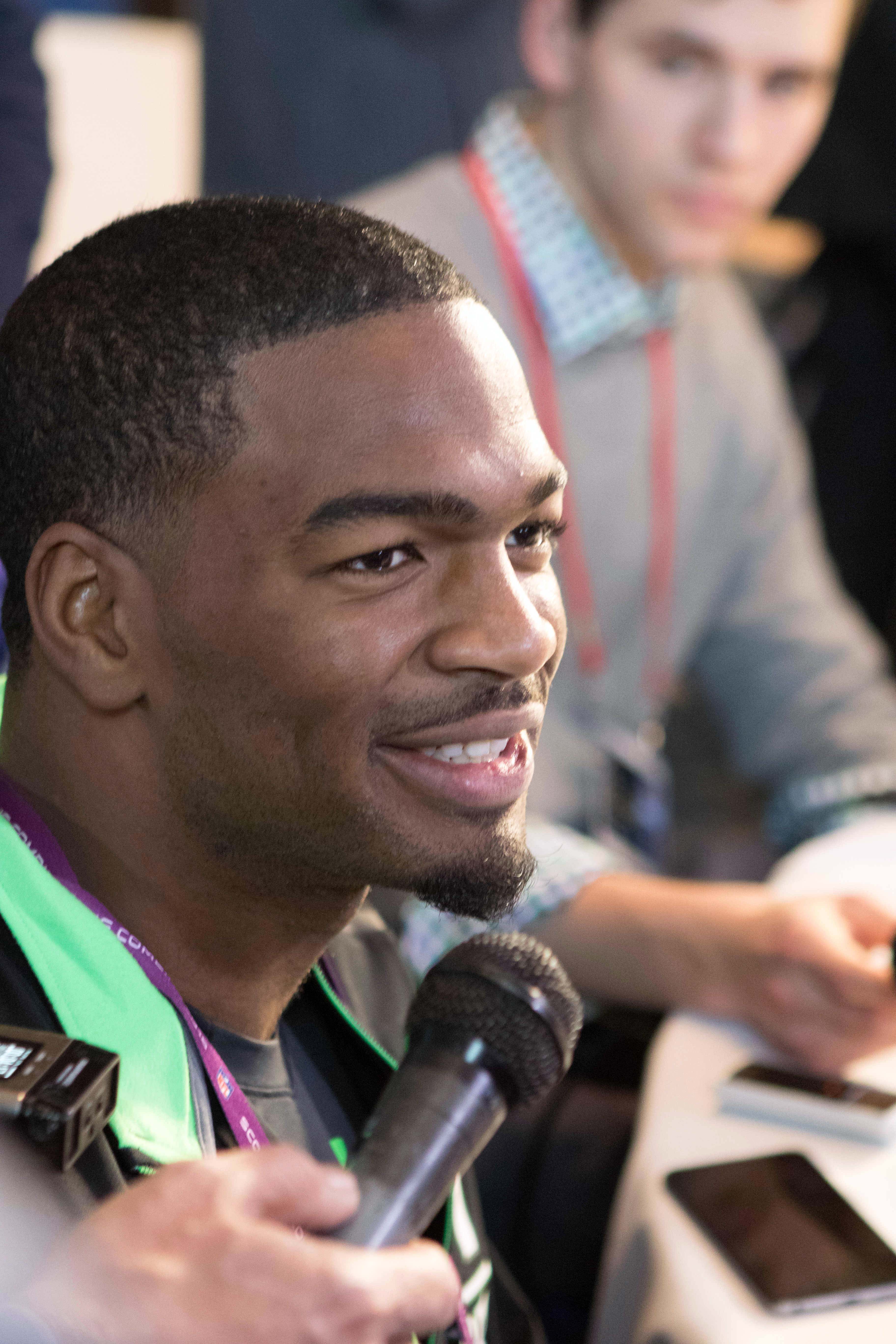
The 2011 Collective Bargaining Agreement (CBA) put into effect slotted rookie contracts, which means a set value for every pick in the draft. Therefore, there is not much room for negotiating more money for players. ESPN’s Andrew Brandt broke down the changing landscape surrounding the rookie deals.
The effects of these changes are felt by more than just the players. Brandt says “a union executive once told me ‘a trained monkey could do these contracts’.” In this case, the “trained monkey” can be considered agents.
In the past few months, players like new Broncos OL Russell Okung, negotiated their contracts without an agent. The majority of an agent’s work is not fee-based, with contract negotiation being the only billable service in the representation agreement. This can be done in a few hours, with agents bringing in a maximum of 3% of that contract. Because of this, players are questioning the value in agents when dealing with slotted contracts. Although the agent brings in commission, the benefits of having an agent, who is experienced in negotiating contracts and bringing in endorsement deals not to mention paying for pre-combine, pro-day and draft training seems to pay for itself.
In this year’s draft, Jacoby Brissett, a third-round pick of the Patriots, is negotiating his deal sans agent. Abe Elam, older brother to the Ravens 2013 first-round pick Matt Elam, is an advisor for both players. Matt Elam secured a $6.767 million contract with a $3.3 million bonus and $5.44 million guaranteed – the same deal he would have secured with an agent, but he saved about $203,000 in commission fees.
Although agents are concerned with rookies questioning the value of agents, the problem, according to Brandt, is the declining fee margins. The maximum percentage that an agent can collect is 3%, which the NFLPA recently voted against lowering. However, some agencies reduce their fees to 0-1% on rookie contracts in order to recruit high-profile potential first-rounders.
Brandt says “The business of representing football players is changing; and from the agent’s perspective, not for the good.”
